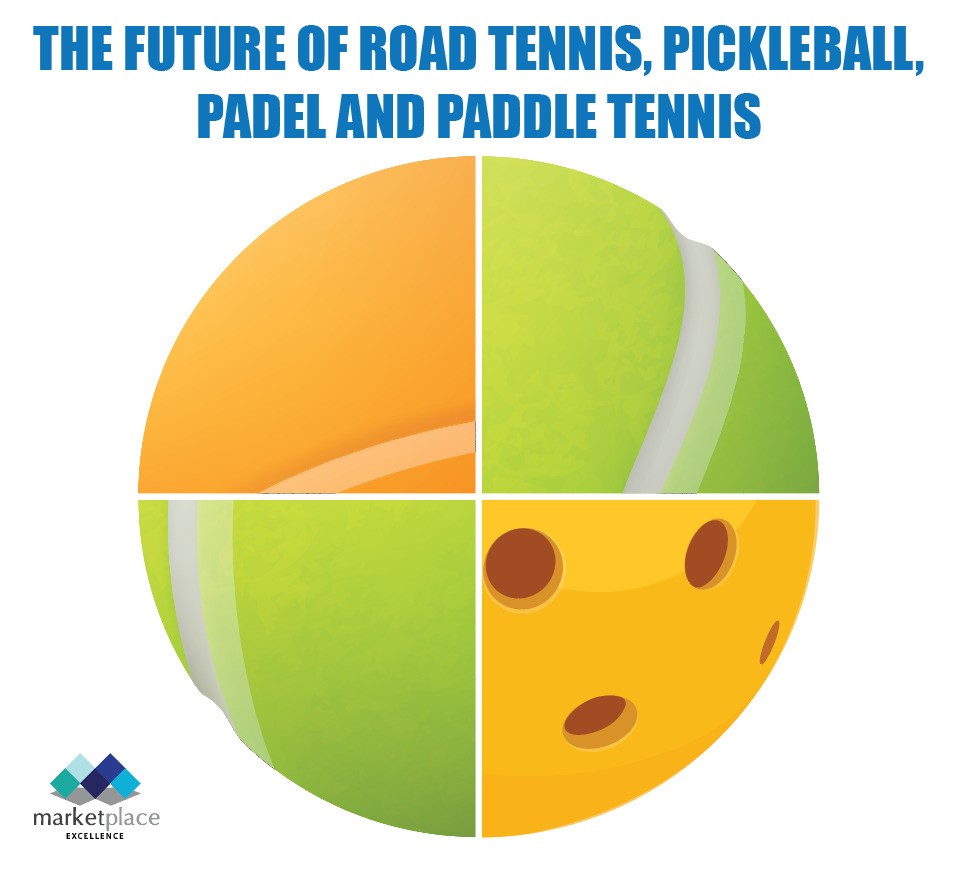“I can do all things through Christ who strengthens me.” –
Philippians 4:13
In addition to the awe and wonder of human athletic performance at its peak that is displayed in sporting competitions, it’s also fascinating to witness the trajectory of dynamic niche games in the world’s sporting arena. Take road tennis, pickleball, padel, and paddle tennis, for example. Each sport, while rooted in its own cultural and geographical context, is making headway on the global stage, with potential to reach even greater heights. This week I’m considering their prospects for growth and inclusion in the prestigious Olympic Games, focusing on accessibility, international appeal, and overall growth potential.
Let’s begin with road tennis, a sport near and dear to my heart as a native Barbadian. Born out of the ingenuity of working-class Barbadians in the 1930s, this sport has evolved from a backyard pastime to a national treasure. Played on makeshift courts with minimal equipment, it embodies the spirit of accessibility and community engagement. I have seen how road tennis has grown in Barbados, becoming a symbol of pride and cultural identity. It attracts many a visitor as a community tourism feature and is promoted outside of Barbados. It is thrilling to imagine this sport expanding beyond our shores and capturing the attention of the world.
However, for road tennis to achieve Olympic inclusion, it must overcome certain challenges. Global expansion is crucial. While there have been efforts to introduce road tennis in regions like California and other Caribbean nations, it needs a more structured international framework to take off. Establishing a global governing body, organizing more international competitions, and boosting participation worldwide are essential steps toward making road tennis a viable Olympic contender.
On the other hand, pickleball’s Olympic debut seems much more likely. What started in the United States as a backyard game has exploded into one of the fastest-growing sports in North America. Its unique blend of tennis, badminton, and table tennis has made it accessible to people of all ages and skill levels. With its low-impact nature, it’s particularly appealing to seniors, yet it still offers enough competitiveness to attract younger players. Pickleball’s meteoric rise, backed by a well-established International Federation and its growing popularity in Europe and Asia, suggests that it’s only a matter of time before the sport lands on the Olympic roster.
Then there’s padel, which shares some similarities with paddle tennis but is distinct in its own right. Padel, invented in Mexico in the 1960s, has surged in popularity across Europe and Latin America, especially Spain. It’s played on a smaller court with solid walls, combining the fast pace of squash and racketball with the technicality of tennis. Padel’s rise has been nothing short of spectacular, with international tournaments and a dedicated following. As more countries adopt the sport, it edges closer to meeting the International Olympic Committee’s criteria for inclusion.
Paddle tennis, with its deep roots in the early 20th century U.S., also holds potential. Though it may not have experienced the same explosive growth as pickleball or padel, it has maintained a steady following. Recent interest, especially in Latin America and Europe, has given the sport a fresh lease on life. Given its longstanding history, existing international presence, and organized competition structure, paddle tennis is well-positioned for a resurgence that could lead to Olympic consideration in the future.
While all four sports exhibit exciting possibilities for growth, their Olympic futures hinge on international expansion, formalized structures, and widespread participation. I’m particularly hopeful for road tennis, yet it’s undeniable that pickleball and padel are leading the charge toward the global stage. Still, part of the beauty of sports lies in its unpredictability, and the future remains wide open for all. In the meantime, I eagerly await the return of cricket to the Olympics lineup come summer 2028.

(Dr. Basil Springer GCM is a corporate governance adviser. His email address is basilgf@marketplaceexcellence.com. His columns may be found at https://www.nothingbeatsbusiness.com).
